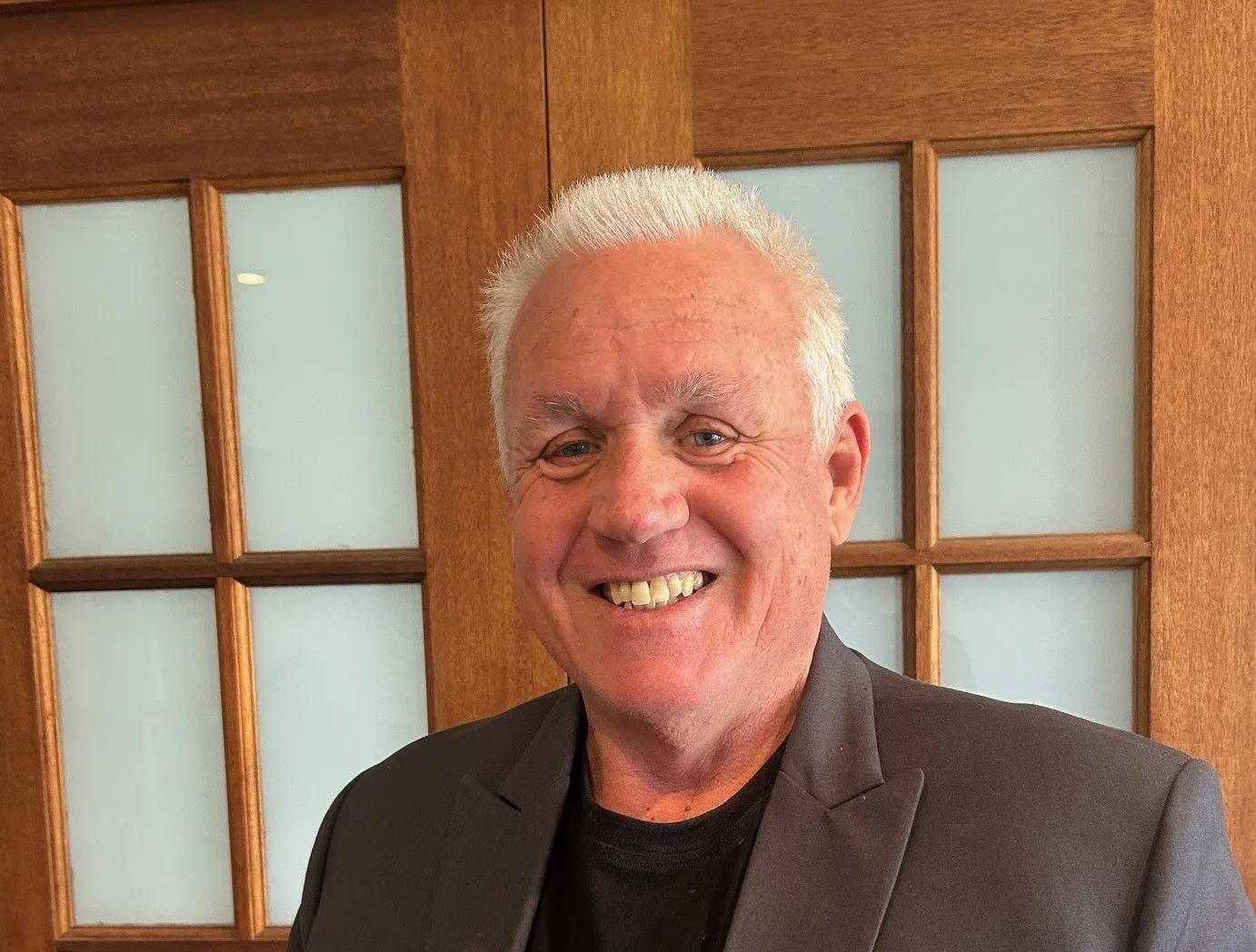
John Venables, an architect of Western Australia’s traffic management system, is the recipient of the Max Lay Lifetime Achievement Award - ITS Australia’s highest honour. The award is presented annually to a leader in the advanced transport technology industry.
Throughout his 44-year career at Main Roads Western Australia, Venables played a key role in advancing the state’s transport network. This included development of the Road Network Operations Centre and overseeing operational readiness for the city of Perth’s first smart freeway.
“It is an honour to be the Max Lay Lifetime Achievement Award recipient,” said Venables. “I thoroughly enjoyed my career at Main Roads, WA, and am very proud to leave behind an exceptional team in real-time traffic operations – who operate one of the leading control rooms in Australia.”
Silje Troseth, president of ITS Australia, said he had been "at the forefront of technological innovation and has been central to the roll-out of lifesaving intelligent transport systems across the state’s road networks".
She praised Venables' leadership in the design, implementation and management of the state's operations centre, adding: “In volunteering his time to several national industry committees and working groups, John has shown a dedication to making Australian roads safer for the entire community."
Venables' career in ITS was sparked through an early interest in electronics when he undertook an electrical apprenticeship at the age of 16 while at the same time studying electronic engineering at night school. Recognised for his talent, he received the Apprentice Award from the Western Australia Industrial Advisory Council.
In his early years at Main Roads, Venables had several hands-on rolls as a traffic signal technician and traffic engineering officer. He then rose up the ranks into traffic operations management where he was integral to evolution of ITS in Western Australia, contributing to the adoption and expansion of ITS devices and operational systems.
One such example was leading the design and requirements for the new Road Network Operations Centre Control Room. It was not modelled on other transport management centres. Rather it was modelled on remote-operations control rooms for mining operations.
In another significant achievement, Venables led the operational readiness for Perth’s first smart freeway - the Kwinana Freeway Northbound - essentially defining how ITS devices would be used to operate the freeway and manage the traffic.
After a fatal vehicle crash during a 2003 power outage, Venables helped pioneer the development of uninterruptible power supply systems for traffic signals. Trials completed by 2008 led to more than 50 priority intersections being equipped with back-up power and leading the development of new national standards, ensuring traffic signal reliability during blackouts.
In 2011, he collaborated with Western Australia Police on traffic management and priority escorts for the Commonwealth Heads of Government meeting. This facilitated dignitary movements, including those of Queen Elizabeth II. He also ensured seamless CCTV access for security coordination.
Throughout his career, he has contributed significantly to industry development, serving on national committees such as the Austroads Road Tunnels Task Force and the Australian Standards Road Traffic Signals Committee. In 2022, he received the Austroads Outstanding Service Award for his long-standing commitment.
The Max Lay Lifetime Achievement Award is named in honour of Dr Maxwell Lay, who throughout his career passionately advocated for the advancement of ITS in Australia, Asia-Pacific and around the world.
ITS Australia also recently announced the recipient of its inaugural Woman of the Year Award.
Both trophies will be officially presented at the ITS Australia Awards at the Westin Perth hotel on 13 February next year.








